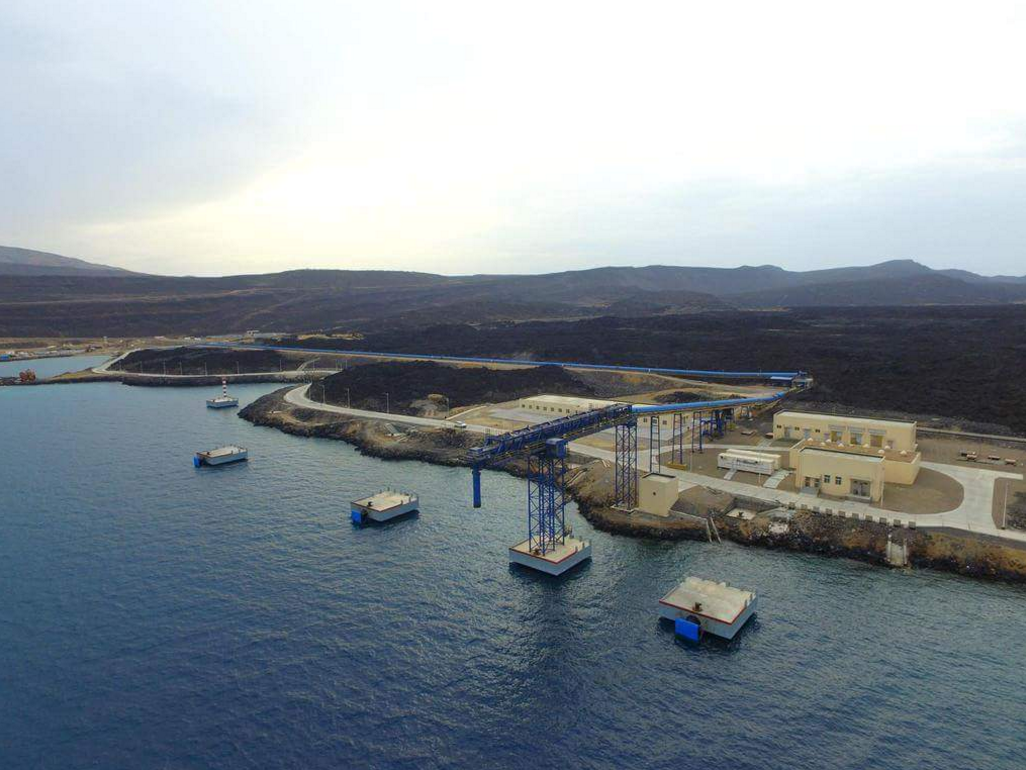Djibouti has today opened the Port of Ghoubet as a key terminal for the export of salt from the world-famous Lake Assal. The US$64 million facilities, which took two years to complete, were officially inaugurated by the country’s President, His Excellency Ismail Omar Guelleh.
Key hub for salt exports
The facility will be able to accommodate ships up to 100,000 dwt, with the potential capacity to export over 5 million tonnes of salt throughout the world.
Aboubaker Omar Hadi, Chairman of the DPFZA remarked: “The new port of Ghoubet represents yet another example of the advanced infrastructure and state-of-the-art facilities which are establishing Djibouti as a major logistics platform for Africa. It is also a vital step for our country’s economic diversification, by creating opportunities for the export of Djiboutian salt throughout the world”.
Further development in northern Djibouti
Located 40 kilometres south of the Gulf of Ghoubet, the new port is the second to be launched in the north of the country within the last week. It follows the launch of the Port of Tadjourah on 15 June – a facility dedicated to the export of potash.
Both projects are part of the government’s efforts to develop critical infrastructure in the north, including the redevelopment of regional highways.
Multi-modal infrastructure network
Djibouti sits at the centre of world trade routes, connecting Asia, Africa, and Europe. The country has become the gateway to one of the fastest growing regions of the world, with 30,000 ships transiting the port each year.
The project at Lake Assal is the latest in a comprehensive network of multi-modal infrastructure, which includes both specialist ports and larger multipurpose facilities, such as the Doraleh Multipurpose Port, which also opened earlier this month.
Other parts of this infrastructure network include the Addis Ababa-Djibouti Railway – a new 752km track linking Ethiopia’s capital with the Port of Djibouti – as well as a Liquefied Natural Gas facility, an oil terminal, two brand new airports, and new highways.
Together they will dramatically expand Djibouti’s ability to serve as a platform and trade hub for the region.



